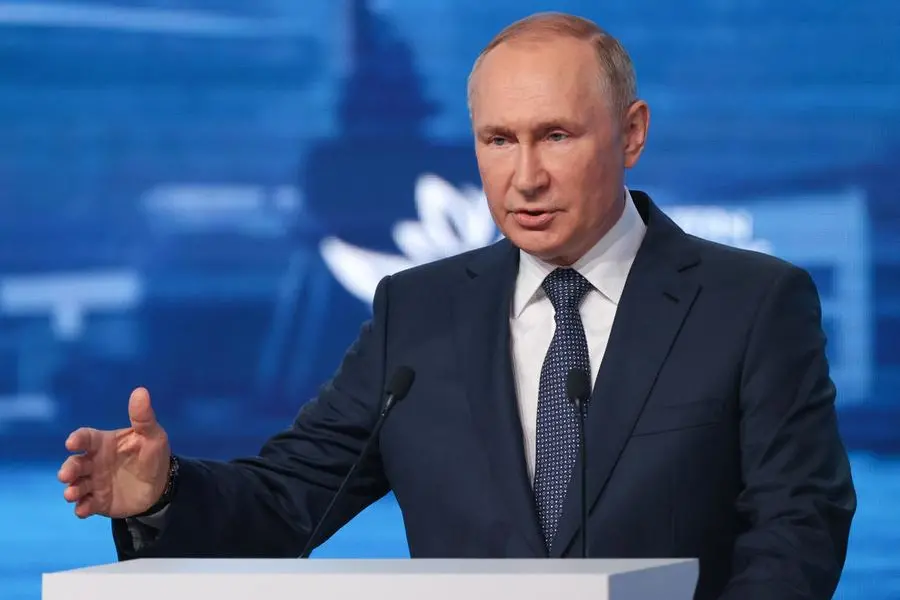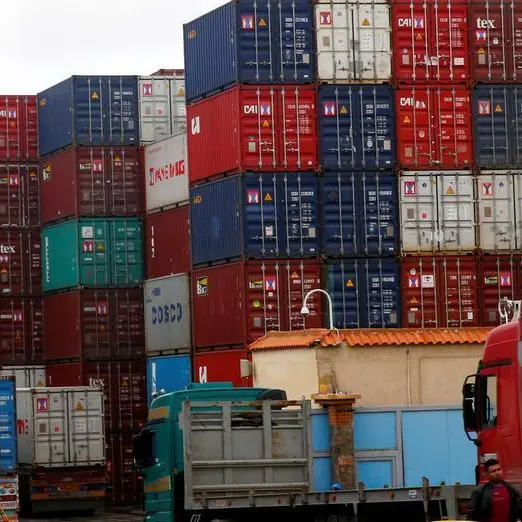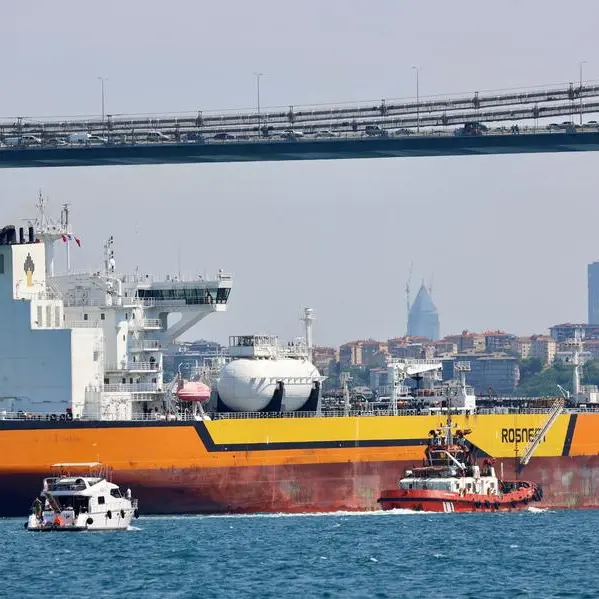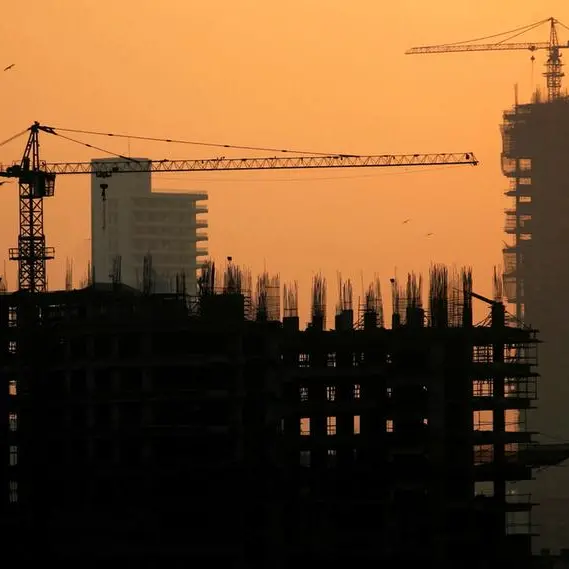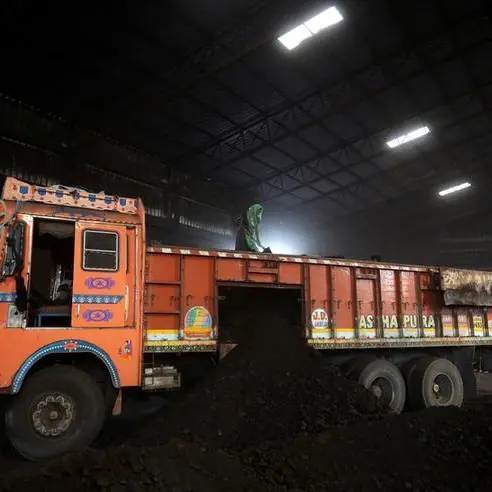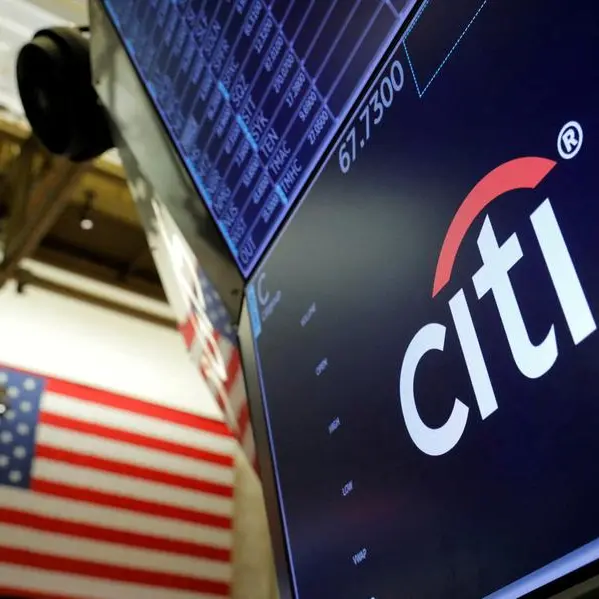PHOTO
MOSCOW - Russian President Vladimir Putin told India's Narendra Modi on Friday that he understood New Delhi's concerns about the conflict in Ukraine and wanted it to end "as soon as possible", according to a readout of a bilateral meeting published by the Kremlin.
The Indian prime minister told Putin on the sidelines of a regional security bloc summit in Uzbekistan: "I know that today's era is not an era of war, and I have spoken to you on the phone about this." He said democracy, diplomacy and dialogue kept the world together.
But Putin said Kyiv had rejected negotiations and was set on achieving its own objectives "on the battlefield".
"I know your position on the conflict in Ukraine, your concerns that you constantly express," he told Modi on the sidelines of a summit of the Shanghai Cooperation Organisation in Samarkand, Uzbekistan.
"We will do everything to stop this as soon as possible. Only, unfortunately, the opposing side, the leadership of Ukraine, announced its rejection of the negotiation process and stated that it wants to achieve its goals by military means."
Russia controls around a fifth of Ukraine after sending its armed forces into its neighbour's territory from several directions in February.
It says that what it calls a "special military operation" was necessary to prevent Ukraine being used as a platform for Western aggression, and to defend Russian-speakers.
Kyiv and its Western allies dismiss these arguments as baseless pretexts for an imperial-style war of acquisition, and have urged Russia to withdraw unconditionally.
Putin had made similar comments to Chinese leader Xi Jinping on Thursday, saying he understood Beijing's concerns about the conflict.
Russia is trying to forge closer ties with both China and India as Moscow faces isolation and onerous sanctions from the West over its invasion of Ukraine.
Both countries have stepped up their purchases of Russian energy - trading at a discount on world markets as Western countries buy less - and talked about building closer economic ties.
(Reporting by Reuters; Editing by Kevin Liffey)
